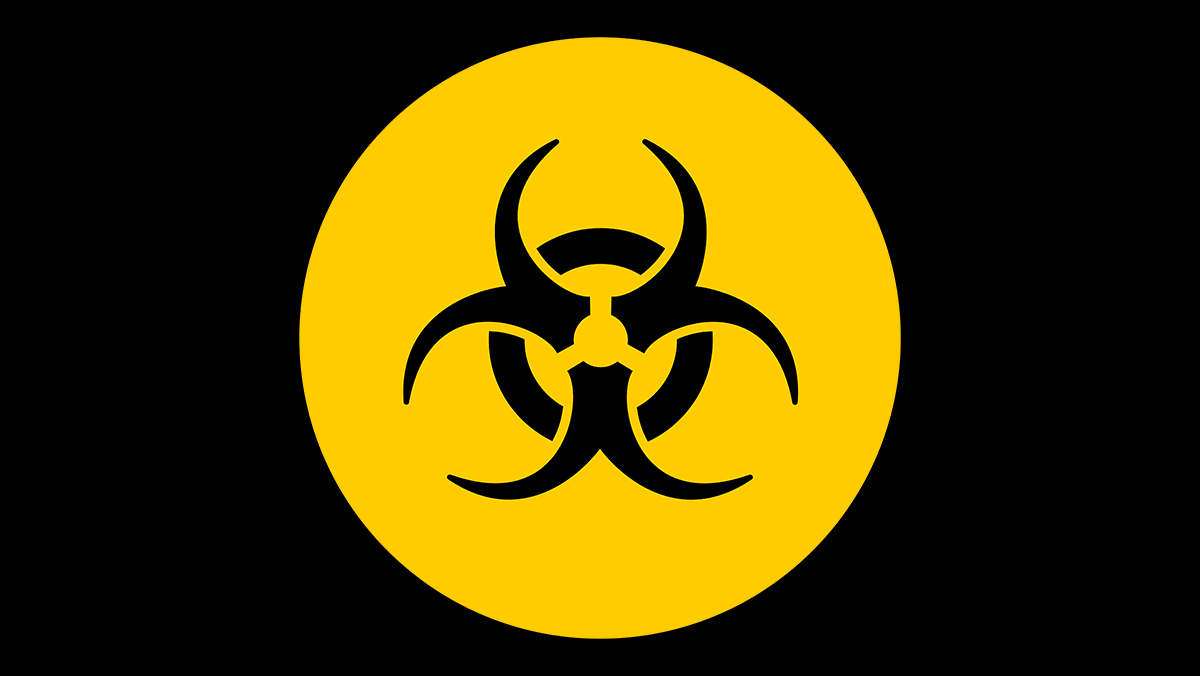
Science
Toward Managing AI Bio Risk: Over 150 scientists commit to ensure AI safety in synthetic biology research.
Scientists pledged to control their use of AI to produce potentially hazardous biological materials.

Science
Scientists pledged to control their use of AI to produce potentially hazardous biological materials.
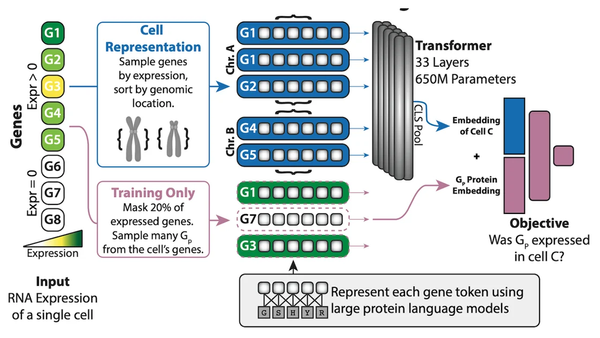
Science
Researchers used an AI system to identify animal cell types from gene sequences, including a cell type that conventional approaches had discovered only in the past year.
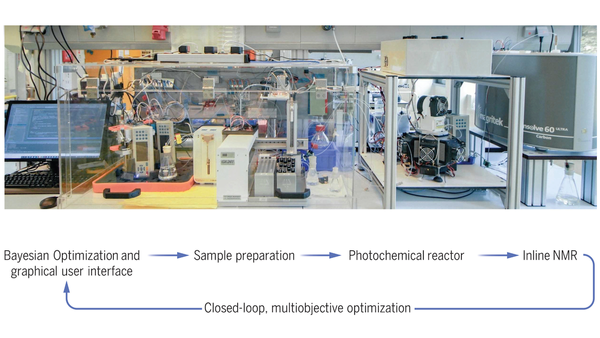
Science
A robot outperformed human chemists at synthesizing chemicals. Researchers at University of Amsterdam built RoboChem, an integrated robotic system that learned to design light-activated chemical reactions while achieving optimal yields and throughput.
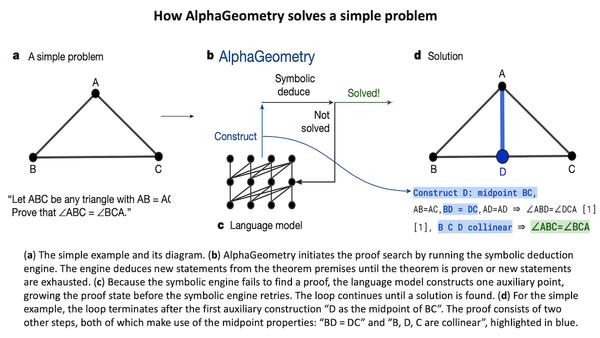
Machine Learning Research
Machine learning algorithms often struggle with geometry. A language model learned to prove relatively difficult theorems.
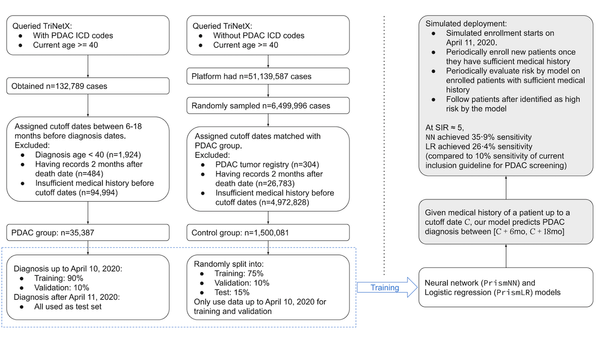
Science
A neural network detected early signs of pancreatic cancer more effectively than doctors who used the usual risk-assessment criteria. Researchers at MIT and oncologists at Beth Israel Medical Center in Boston...
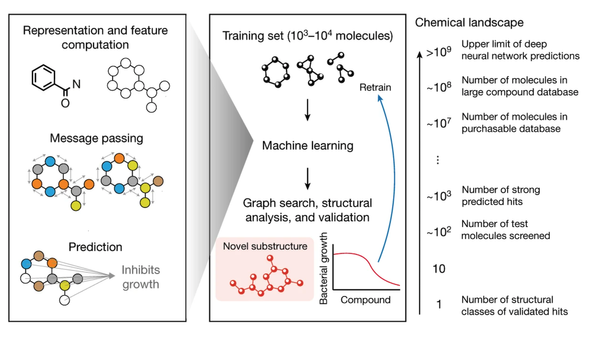
Science
Biologists used neural networks to find a new class of antibiotics. Researchers at MIT and Harvard trained models to screen chemical compounds for those that kill methicillin-resistant Staphylococcus aureus (MRSA), the deadliest among bacteria that have...
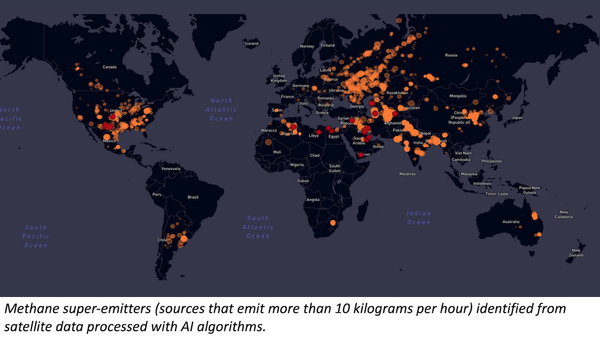
Tech & Society
How can AI help to fight climate change? A new report evaluates progress so far and explores options for the future. The Innovation for Cool Earth Forum, a conference of climate researchers hosted by Japan...
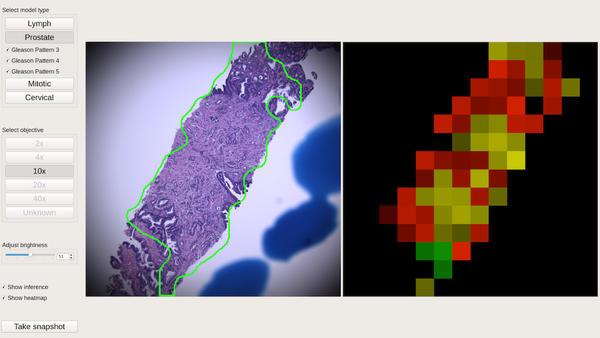
Science
A microscope enhanced with augmented reality is helping pathologists recognize cancerous tissue. The United States Department of Defense is using microscopes that use machine learning models based on research from Google to detect cancers.
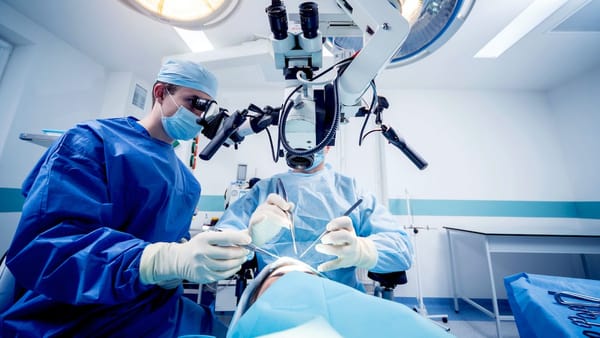
Machine Learning Research
A neural network helped brain surgeons decide how much healthy tissue to cut out when removing tumors — while the patients were on the operating table.
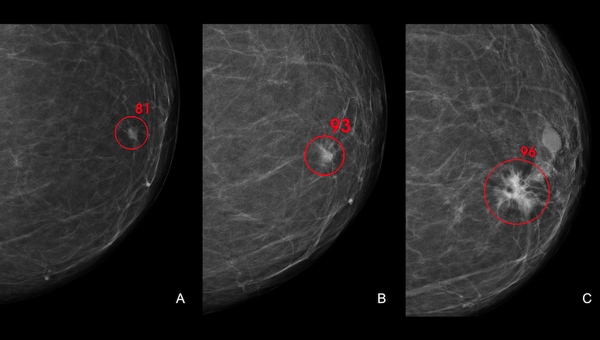
Science
A deep learning system detected breast cancer in mammograms as well as experienced radiologists, according to a landmark study.
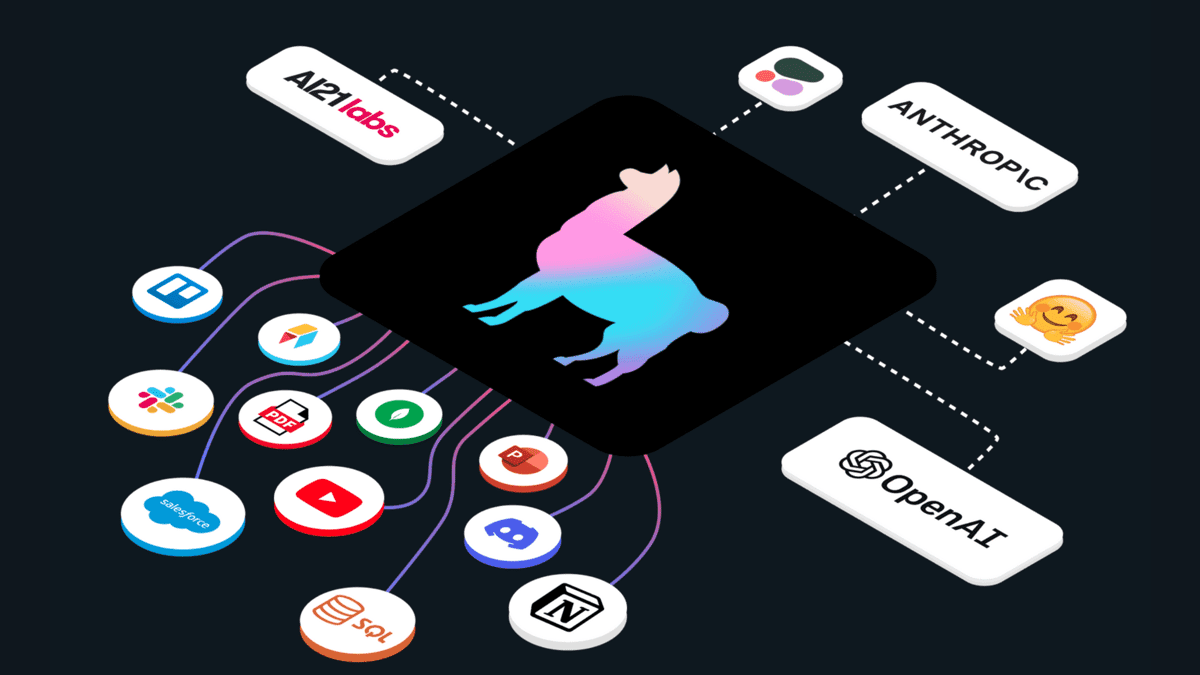
Science
A new coding framework lets you pipe your own data into large language models. LlamaIndex streamlines the coding involved in enabling developers to summarize, reason over, and otherwise manipulate data from documents, databases, and apps using models like GPT-4.

Science
Specialized chatbots are providing answers to scientific questions. A new breed of search engines including Consensus, Elicit, and Scite use large language models to enable scientific researchers to find and summarize significant publications, Nature reported.